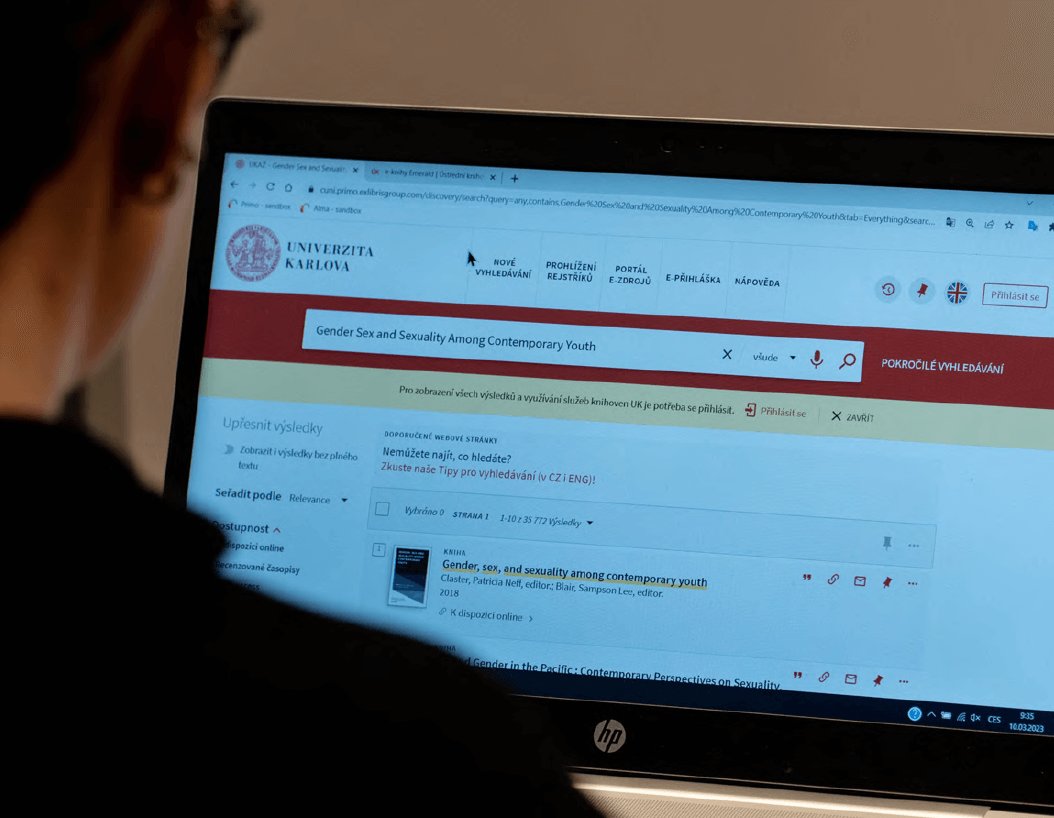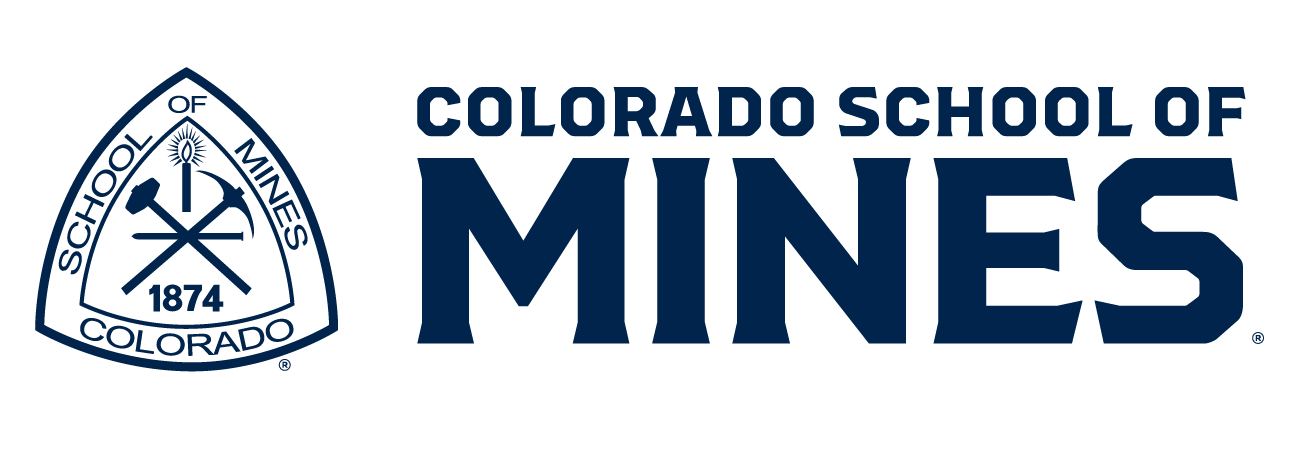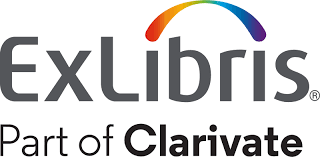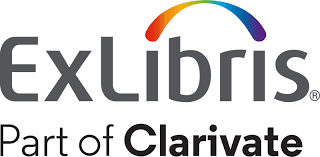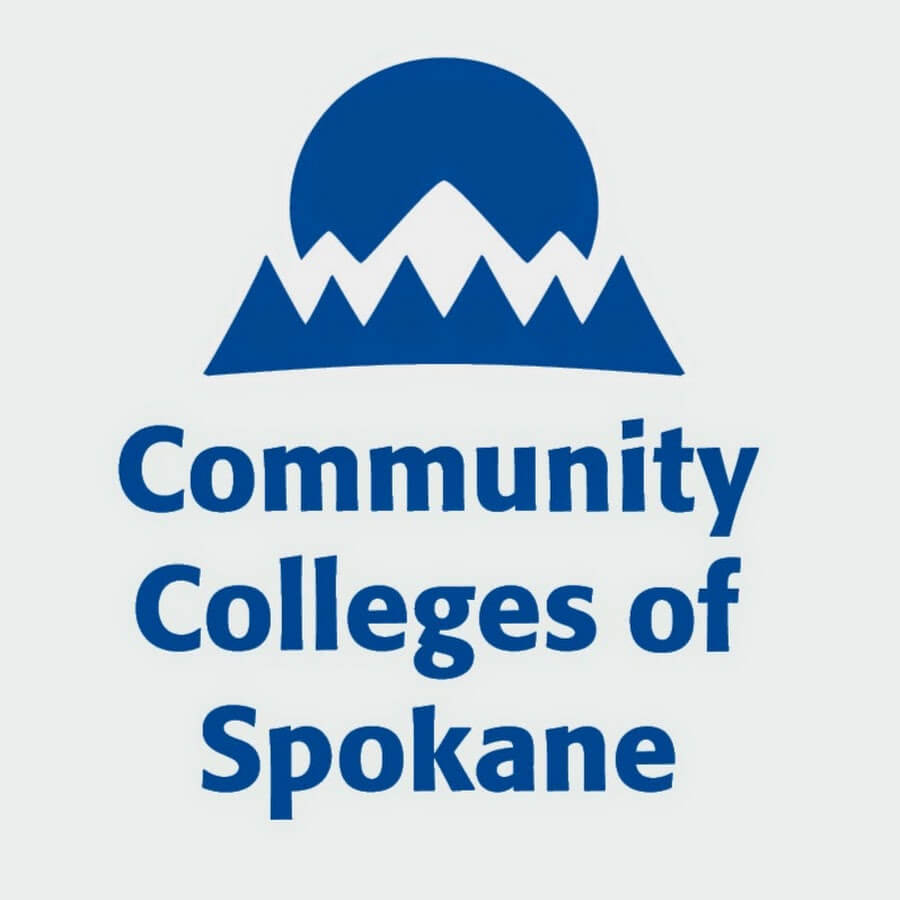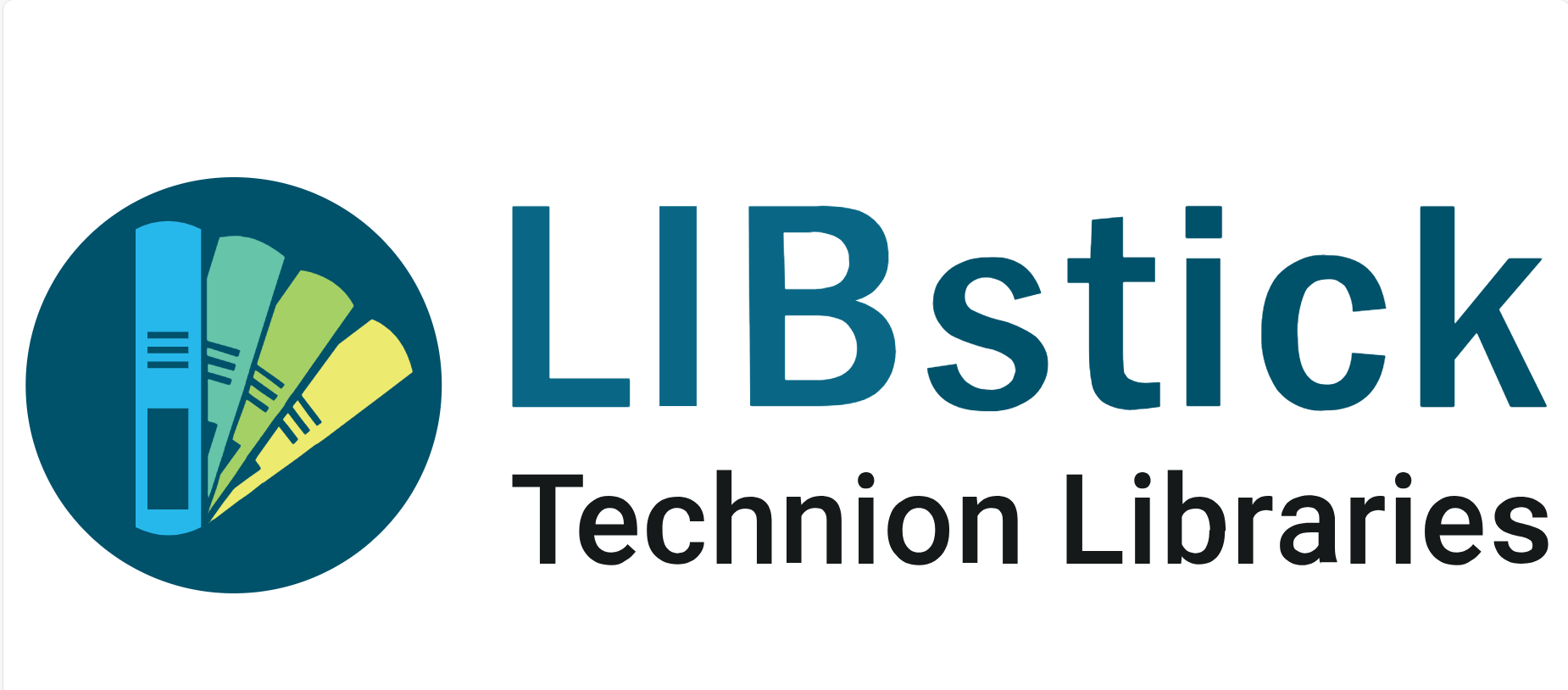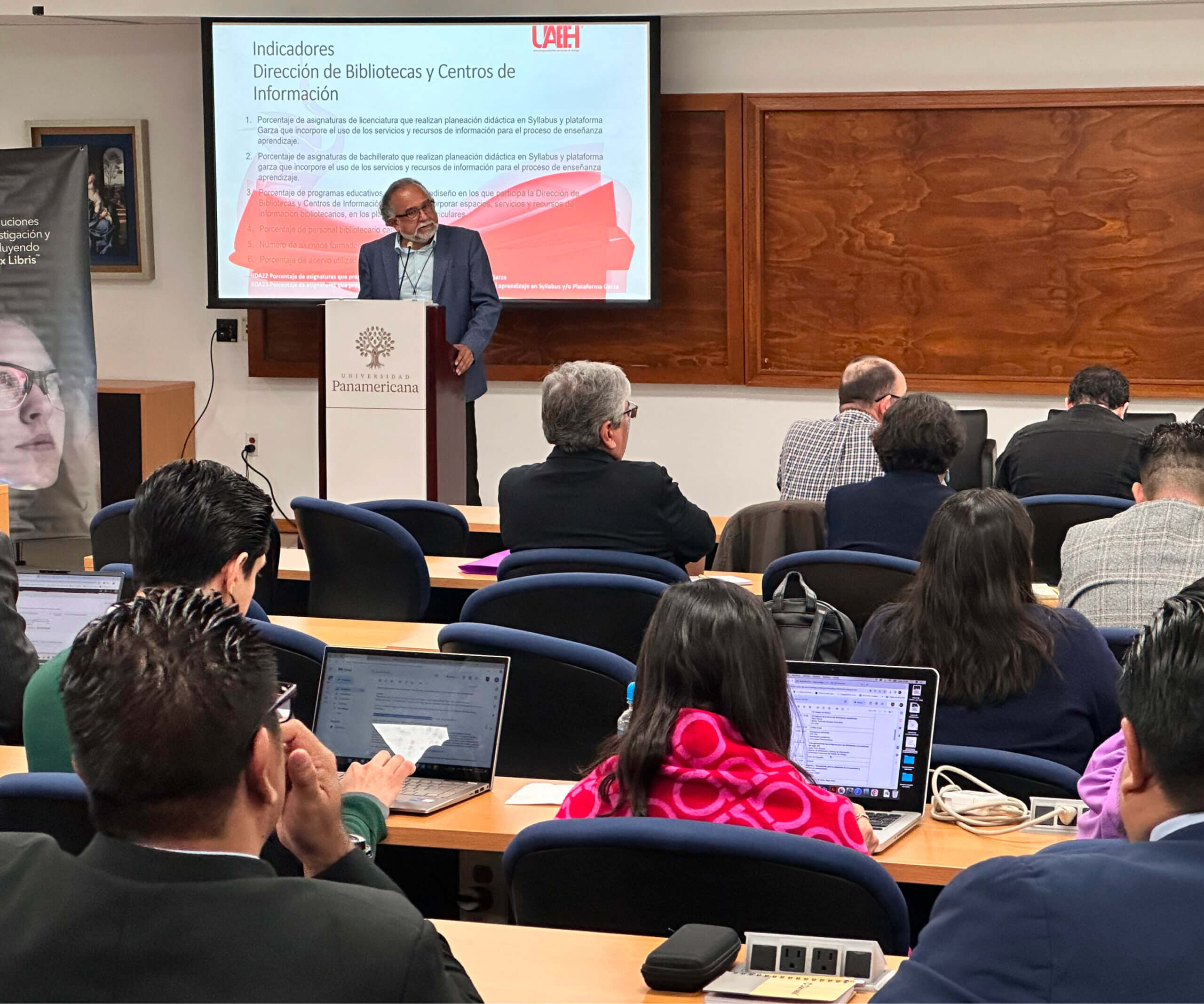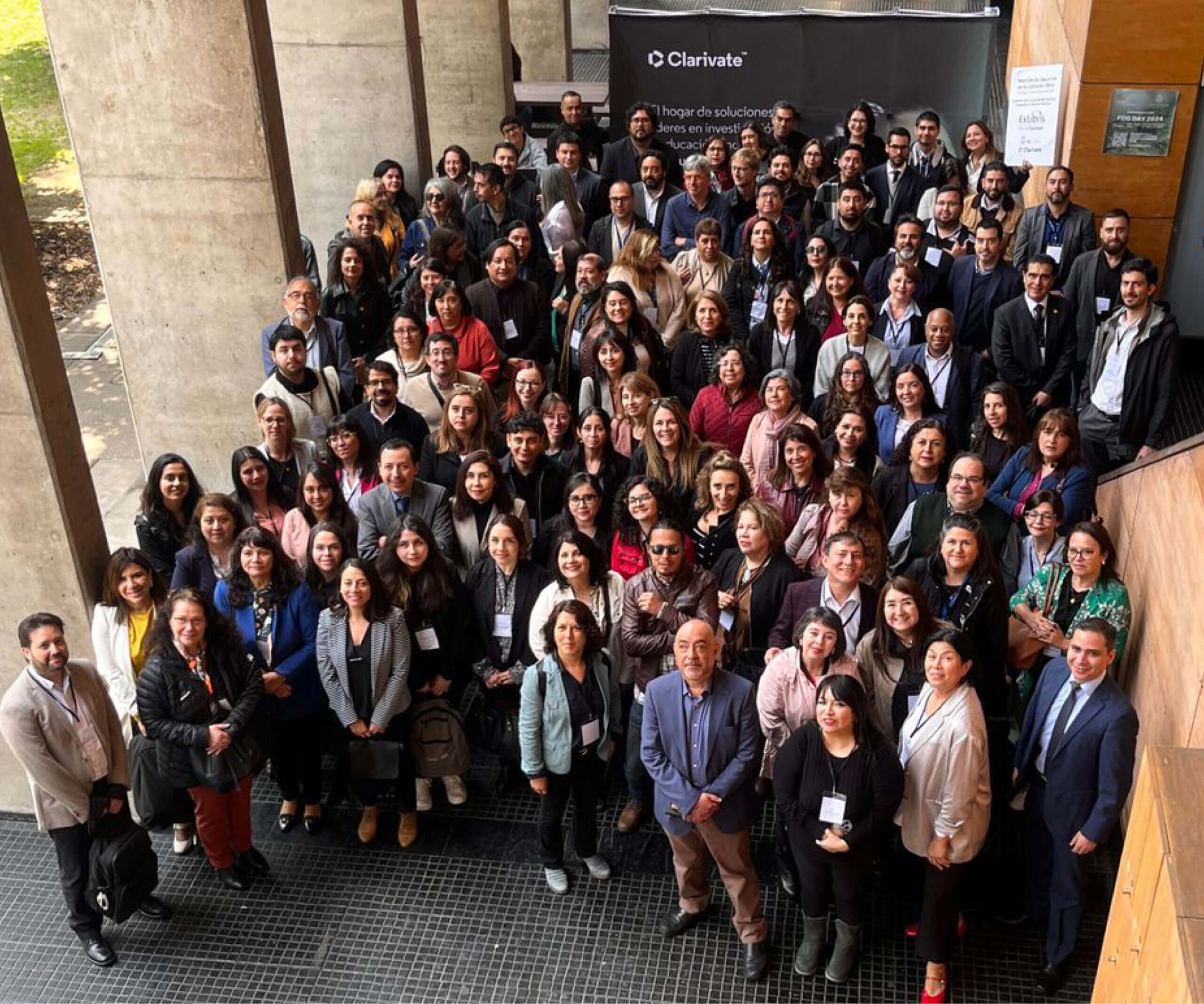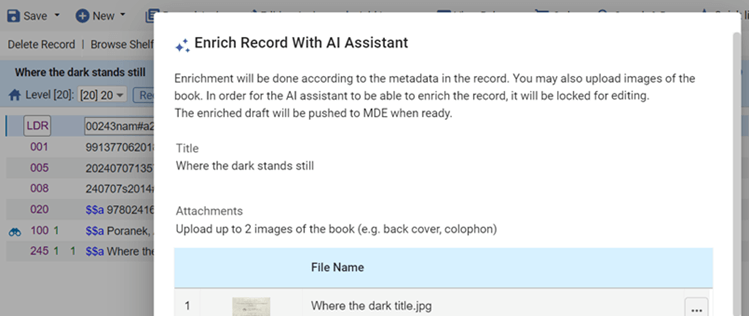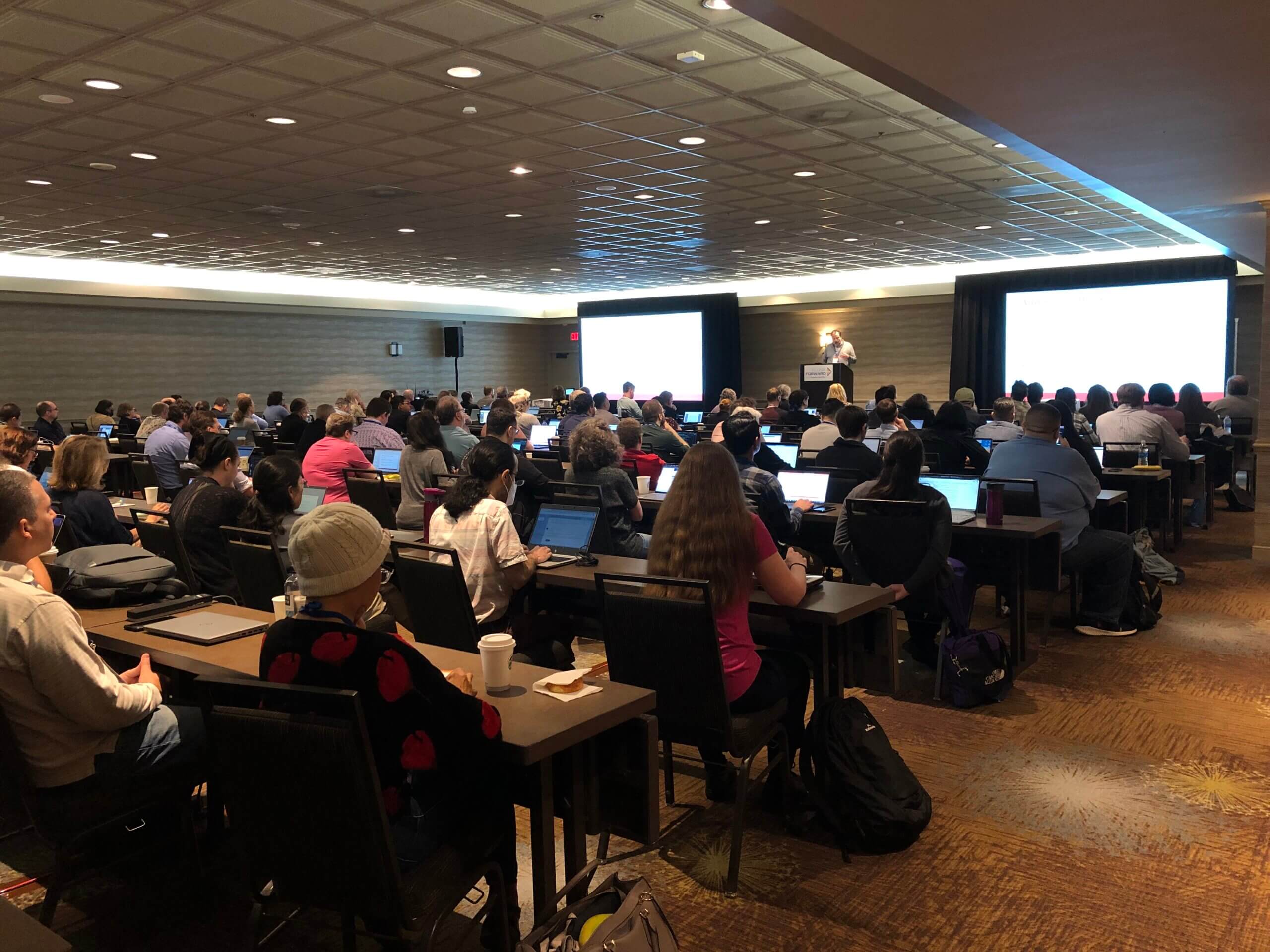Alma
Alma
Our team of experts looks forward to hearing from you
Alma’s Latest News & Blog
-
Institutions using Alma
-
2024 New Enhancements and Features
-
Cloud Apps and Extensions
Ex Libris Webinars
More about Alma
Our Services
Services
Services
Services
Services
Fill in a few simple figures and see how our ROI algorithm will project your savings in staff hours and expenditure.
Calculate your savings
A Library Management System, or LMS, like Alma, encompasses a suite of functionalities aimed at managing library operations efficiently. It often includes features such as cataloging and classification for organizing materials, search and discovery tools for easy access to library resources, digital resource management for overseeing online collections, reporting and analytics for informed decision-making, and integration with other library systems and platforms for seamless workflow coordination.
The primary objective of a Library Management System for universities is to efficiently manage library resources and services to support teaching, learning, and research activities. Simplifying tasks like cataloging materials, facilitating circulation, providing easy access to resources, enabling data-driven decision-making, integrating with other university systems, optimizing resource allocation, and ensuring compliance and security. Ultimately, the goal is to enhance the overall academic experience for students, faculty, and researchers by providing convenient access to a wealth of scholarly resources and efficient library services.
Alma centralizes management of print, electronic and digital materials, by unifying the management of ALL library resources. It simplifies all library management activities through a single unified interface, helping staff eliminate time-consuming manual processes and a complex patchwork of siloed systems. Alma automates routine library services and management processes, with intelligent automation streamlining workflows.
Alma Analytics was developed together with Alma from the very beginning. The Analytics tool is deployed on the Oracle Analytics Server, the top-of the line tool for sophisticated, but easy-to-use analytics. Alma Analytics provides insightful and actionable insights for librarians, is an integral part of the Alma solution and is included in a subscription.
Alma, along with Primo library discovery service, are seamlessly connected through a unified backend and deliver a single-point of administration. You and your staff can manage acquisition, activation, and fulfillment with unified workflows and the results are published to the discovery system in real-time. Critical content is immediately discoverable and processes are simplified, reducing time spent on setup, configuration, data updates, and more.
No. Alma does not require specialized expertise in order to start using it. The solution is both intuitive and focused on user experience, with context-sensitive help options throughout and read-to-go workflows for every library process.
The Alma Community Zone, an integral part of the Alma software, includes a Central KnowledgeBase (CKB) of vendor offerings for electronic resources that is maintained by Ex Libris. By integrating the CKB into the Community Zone, Alma allows libraries to eliminate the need to manually synchronize records for electronic resources into the local catalog.
Alma integrates with external systems, such as vendor systems, Enterprise Resource Planning (ERP) systems, metadata management systems, and remote storage systems. It supports more than 200 APIs which are used daily by our customers in order to integrate Alma with their institutional ecosystem. Ex Libris’ Cloud Apps is an open framework that allows developers to write apps that can integrate with other systems and more.
Ex Libris provides customers a secure and reliable environment with a multi-tiered security model that covers all aspects of our cloud-based solutions and controls are based on international protocols and standards. Ex Libris has received FedRAMP Tailored Authorization and is committed to GDPR compliance. Alma is also designed to safeguard data throughout the data lifecycle including data in transit.
Alma supports different sizes and types of consortia, bringing members together! Alma supports collaborative networks – groups of institutions, such as a consortium – that share the management of metadata records and/or other Alma services, such as fulfillment, resource sharing, vendor information, or administration tables. Institutions can work together and share resources, or independently manage their own library needs.
All Ex Libris products and Alma in particular support in depth documentation – including online help, release notes, best practices and how tos, training documentation, Libguides, knowledge articles and more. All documentation is freely available and open to the world and can be found in our Learning Archive. No documentation is behind a paywall.










